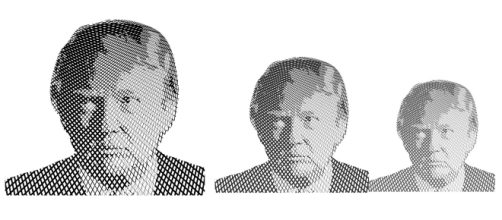US Supreme Court agreed to consider an appeal against the decisions of two lower courts that blocked President Donald Trump's travel ban on the six Muslims countries into the US, reported by the Reuters.
In a statement released by the White House President, Donald Trump said: "today's unanimous Supreme Court decision is a clear victory for our national security."
The court order is temporary
President Trump issued an order concerning about the terrorist attacks led by Islamist groups in Paris, London, Berlin, Brussels, and others. But no people from the affected countries had carried out terrorism in the US.
According to the verdict, restrictions on the entry of 6 Islamic countries' citizens do not affect the rights of Americans, and therefore can be introduced by the president. The exception will be those residents of the forbidden countries that have any relationship with the US citizens, the prohibition against them is declared invalid by the court.
The order was issued by the court on the last date of its current term and agreed to hear the oral arguments in its next term which will be held in October. They will decide whether immigration decree is considered as a law.
As it was explained in the federal courts, the travel ban can be regarded as so-called "Muslim ban", discriminatory against Muslims in violation of the U.S.
Constitution and federal immigration.
The first decree was issued to ban the entry of seven Muslims states
Trump's first issued order after taking the office was to ban the entry of the citizens of seven countries, in which Islam is the dominant religion to the United Sates.
The document caused a wave of protests and was subsequently blocked by a judge of the Ninth Circuit Court of Appeals in San Francisco
On June 26, it became known that the Armed Forces authorized Trump to partially enact a decree banning the entry of citizens of six predominantly Muslim states (Iran, Yemen, Libya, Syria, Somalia, and Sudan) and all refugees without exception.
Trump signed another decree on tightening immigration policy on March 6.
He prohibited the citizens of Iran, Yemen, Libya, Syria, Somalia, and Sudan for 90 days from entering the country, and to suspend the 120-day reception program for refugees. The action of the document was blocked by a decision of the Court of the State of Hawaii. Critics of the decrees noted that they are in essence a ban on the entry of Muslims and not a measure of the terrorism prevention.


